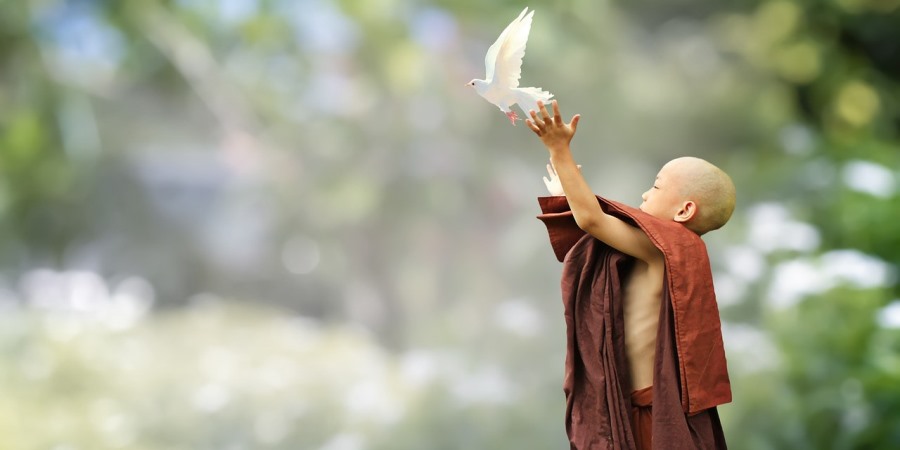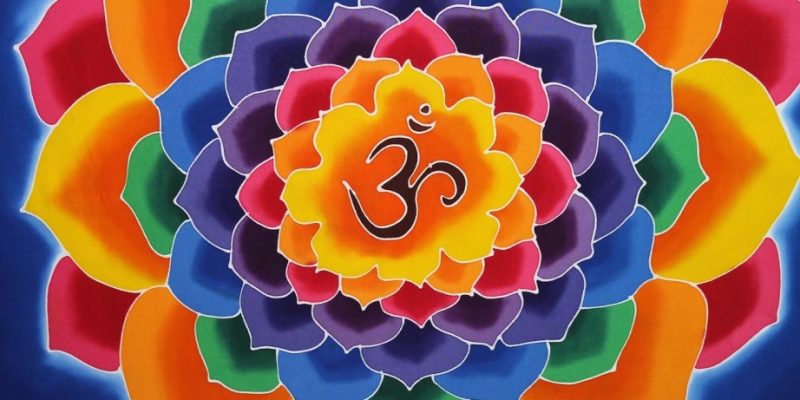
It’s an interesting phenomenon that our attention can suddenly reveal things that were hidden and non-existing to us earlier, things that become our new way of life.
For instance, someone getting into “spiritual growth” will suddenly become knowledgeable about gurus, lineages, meditation groups, ashrams, enlightenment, spiritual literature, and so on. And being pregnant makes us see kids, babies, cradles and cribs, and happy families just about everywhere we go.
In a way things are what they are, but the fact remains that we didn’t really discover something new; we only “got into something different.” We hit upon, and slipped into another already existing realm, in fact, a kind of subculture.
We can certainly enjoy that, learn something from our broadened experience, maybe even stay hooked, but we shouldn’t forget that we simply touched just one of many ways of seeing and living life. Yet, too often, our immersion in a certain “way of life” becomes absolute not realizing it remains both relative and circumstantial.
I do admit that it’s hard work to look objectively at our own day-to-day habits and patterns, particularly when they’re part of the accepted, preferred, or even encouraged mainstream way of life. But when we desperately hang-on, stick, being afraid of losing our (newly found) comfort zone, and subsequently make this “new” thing “the thing,” we run the risk of becoming unreasonable and ill-humored fanatics.
It means we’ll erect boundaries where there are none really, creating a lot of hurting and suffering in society and for ourselves. But this of course isn’t a new message at all, and we all very well know the dangers of extremism.
All the same, it seems to be difficult to see ourselves in a dispassionate light. It’s hard to recognize when we ourselves have become fanatics, and it asks for both clarity and tough honesty not to fall into “the trap.” Moreover, it asks for letting go of fear.
Being aware of the mechanisms is a first and ever important step, which will render acting on our insight the logical next one. It means we’ll get rid of a whole lot of psychological attachments. Naturally. Without any effort. And our psychological freedom will inevitably affect our “material universe.”
But whatever shape things may take, real freedom means being free of the imagined obligation of the need to do, not the freedom to do whatever one “likes” to do. And there’s a subtle, but very important distinction to that.













